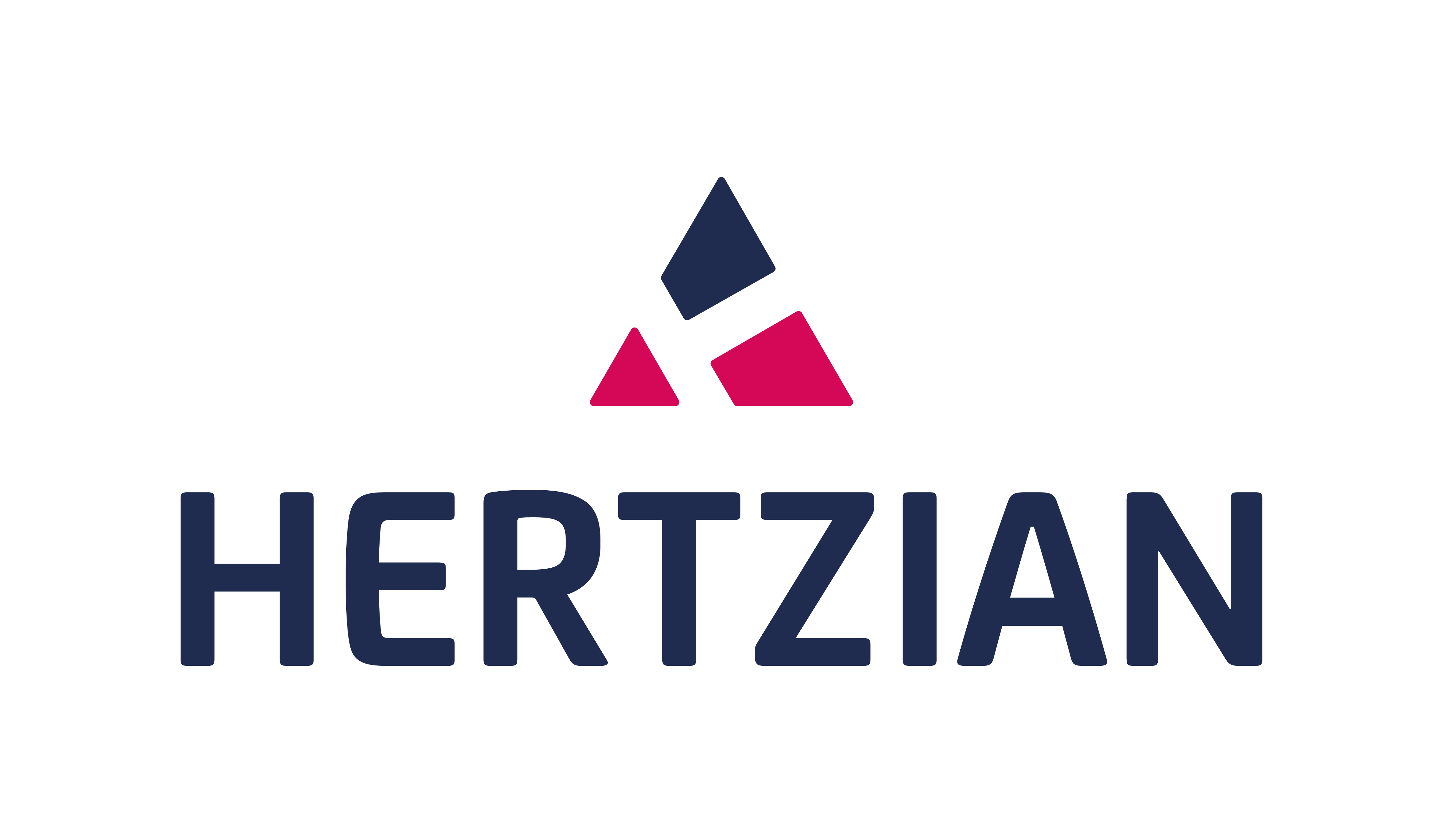

Chris: Thanks, ChatGPT, I am ready for all your questions!
Chris: Great first question, firstly we work with the best IP solicitors to make sure we're following all the correct legislation and law. This is always changing with the continuous battle for exposure and rights over data so it's tricky to stay ahead of the legal curve. I am a firm believer in following your conscience and moral compass. We don't do anything with people's data that would fundamentally upset them or be against their best interest, ultimately that is the way the law should be structured which isn't always the case!
Chris: Gosh! Another tricky question. We don't provide insights or data which would fundamentally change people's lives, much of it is focused towards the entertainment industry so it is only content you consume. We have very strict Quality Assurance processes where analysts and statisticians look at all the output we produce using our tools and systems. This is to ensure that we don't accidentally build in biases or mistakes into our models. We also stay engrossed with all of the latest technology innovations and developments to make sure we're aware of emerging issues or challenges in this space. There is always more you can do to be ethical in this space and we have to continuously strive to be better.
Chris: I am asked this question quite often. To be frank, I'm not doing anything to mitigate job displacement as we're already providing training to our staff. AI will improve automation, efficiency and knowledge sharing. People's jobs will change and adapt as further technologies are introduced into everyday life and work. Much like the dot-com era and industrial revolution, jobs will change but still exist. It is important people take an interest in technology and are willing to engage in conversation.
Chris: Another data question - As I said before, it's important that as its core principle, you're using people's data to further their personal interest to improve their experience of a product or service. People should remember that sometimes you get perfect adverts for the things you really need, and that isn't so bad. The challenge comes when companies use psychology and are able to manipulate you into purchases or behaviour that's unethical and based on using your personalized data.
Chris: We have a very robust process and we encourage our clients and partners to call us on anything which doesn't look right. Then we have to go through a very long drawn-out process to check and prove we don't have biases or discrimination. Our data integrity is everything, so I welcome challenges despite it being a scary and costly process for us.
Chris: I've spoken about this before and the answer is simple: profits. We talk a lot about implementing sustainable practices and reducing our carbon footprint but it needs to be achievable without the cost of people's jobs. Some businesses simply can't do this without having to make redundancies or reduce costs. I am a firm believer that we all need to strive towards this. Sometimes I think people forget it's a very costly exercise to follow through and there should be more support and encouragement from programs to ensure companies can do this without taking a difficult hit to operations, finances or personnel.
Chris: If we didn't innovate or develop in R&D we would never progress as a society in technology. Not developing our technology for fear of job loss or increased inequality isn't the correct approach. We need to continuously develop and innovate while working within a framework to ensure that people are educated and supported when we release these new technologies. We need to also ensure that we develop in a way which ensures we don't build in biases or inequality, like continuing our strict QA processes!
Chris: Remove red tape. Allow your teams to make decisions independently and push forward without the need for hundreds of meetings and approvals. Provide the opportunity for people to learn and train in emerging and growing fields. Individuals build houses, teams build empires!
Chris: I'm not a Cyber Security professional but as far as I can tell, you simply can't. You must follow the industry standard at any given time to ensure you're doing everything you can to mitigate and protect data to the fullest extent. But if someone has enough time and resources you will have a breach. Similar to the phrase in the film Heat - “ Police wear bulletproof vests and criminals simply get FMJ bulletproof piercing bullets.” When you create a protective barrier or a security process someone will figure out a way to break this after some time. This isn't even considering human error. There is only so much mitigation you can implement. The simple fact is, if it's really important, lock it down, don't open it up to threats by giving it WiFi access, for example.
Chris: We have a wide range of different people in the company with different perspectives. When we create job adverts we work with professionals to make sure they're not gender-biased or discriminatory in any way to encourage anyone and everyone to apply. We have an equal opportunities policy which we follow and we ensure that everyone is given a voice to raise any concerns they might have about our approach to diversity and inclusion. Our dedicated personnel coach ensures that everyone is trained and aware of the necessity for diversity and inclusion.

